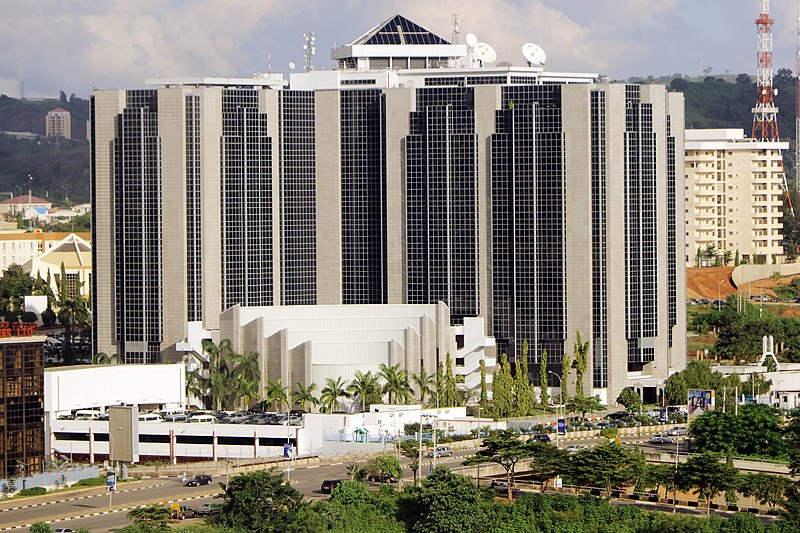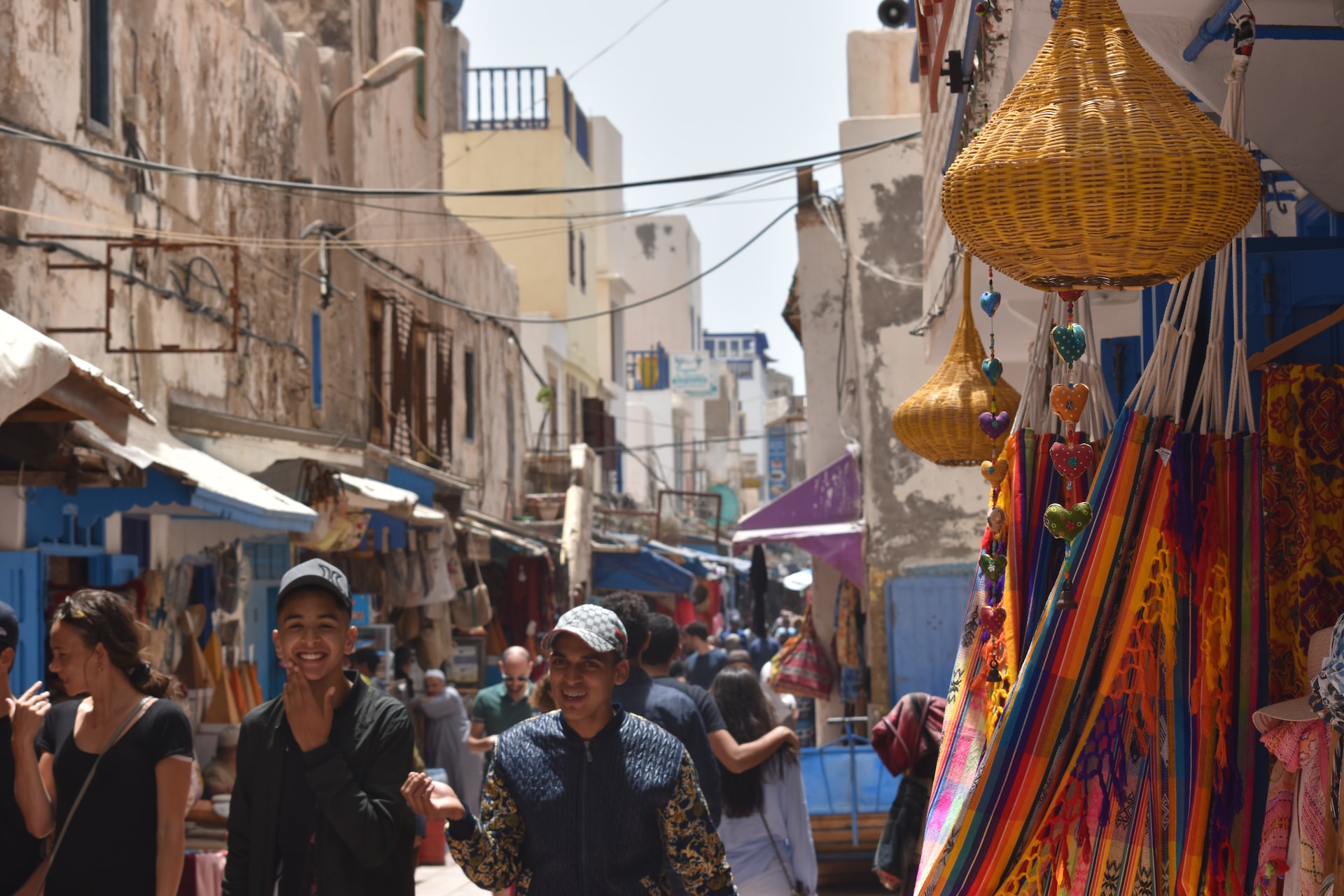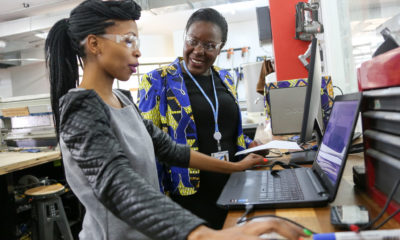In this week’s news roundup, you will read about the Central Bank of Morocco’s announcement on the completion of its draft legal framework on cryptocurrencies, Nigeria’s plans to establish a regulatory framework for stablecoins and initial coin offerings and more.
Morocco’s Central Bank Announces the Completion of its Draft Cryptocurrency Regulatory Framework
Morocco is set to see the introduction of a new cryptocurrency bill following the country’s Central Bank announcement around the completion of the development of a cryptocurrency regulatory framework.
The bill, which was written by the Central Bank of Morocco, referred to as Bank Al-Maghrib (BAM), will be introduced to the public for discussion and is set to legally define crypto in the fast-growing market of Morocco. This is in a bid to protect individuals while still not constraining innovation in the country.
Morocco’s Central Bank Governor, Abdellatif Jouahiri, already announced a series of discussions between BAM and various stakeholders in late December 2022 that will precede the implementation of the bill. The stakeholders targeted include regulators such as the Insurance Supervisory Authority, the Moroccan Capital Markets Authority (AMMC), and Social Security (ACAPS).
Jouahiri went on to add that the country’s Central Bank had collaborated with the International Monetary Fund (IMF) and the World Bank to develop the document. There are also earlier claims that Morocco had reached out to the Central Banks of France, Sweden, and Switzerland in a bid to study their regulatory experience with crypto assets.
Nigeria Set to Develop Legal Framework for ICOs and Stablecoins
 The Nigerian Central Bank has announced plans to consider the development of a regulatory framework for the potential utilization of initial coin offerings (ICOs) and stablecoins.
The Nigerian Central Bank has announced plans to consider the development of a regulatory framework for the potential utilization of initial coin offerings (ICOs) and stablecoins.
The new plans to create a regulatory framework for ICOs and stablecoins were published in an 83-page strategy paper by the country’s Central Bank. The document went ahead to note that stablecoins have the potential to become a successful payment mechanism in the country. As for the ICOs, the report cites the need to have them regulated to prevent investors from making losses as it considers the potential that ICOs have when it comes to crowdfunding, fundraising for capital projects, or peer-to-peer lending.
The paper also discussed the eNaira, Nigeria’s CBDC, which was launched in October 2021. In the report, the Central Bank of Nigeria has stood its ground on the potential of the eNaira, terming it as an “enabler for transformation” for the country’s economy even as it looks to complete its implementation in the next three to five years.
The news around designing a regulatory framework for ICOs and stablecoins comes barely a month after the West African announced its plans to legalise cryptocurrency usage.
Jack Dorsey’s Block, Inc. Seeks to Partner with Crypto Companies in Africa
Block, Inc., a multinational technology conglomerate co-founded by former Twitter co-founder and CEO Jack Dorsey, is looking to partner with cryptocurrency companies in the African continent.
The news was shared by Thomas Templeton, who heads the company’s bitcoin mining business and self-custody wallet. Speaking on the collaboration, Templeton said, “Yes, we’re always looking for opportunities to partner. We know we can’t do it alone and we’re not going to build everything to that.”
Block, Inc. is interested in collaborating with companies that decentralise mining, be it physical mining or through the use of hardware or software. On the software side, Block, Inc. is keen to partner with companies offering on- and off-ramp solutions for buying and selling bitcoin. The multinational company has already made some investments in Africa, with the most recent investment being in Gridless’ $2 million seed round, where it led the round. Gridless is a Kenyan-based bitcoin mining company that helps to bring new energy generation to rural communities in the country.
To learn more about Bitcoin, download the Bitcoin Beginner’s Handbook for free.


 Features3 years ago
Features3 years ago
 Bitcoin2 years ago
Bitcoin2 years ago
 Features3 years ago
Features3 years ago
 Features3 years ago
Features3 years ago
 Features3 years ago
Features3 years ago
 Features3 years ago
Features3 years ago
 Features8 months ago
Features8 months ago
 Bitcoin10 months ago
Bitcoin10 months ago



















 Central African Republic (CAR) has set up a 15-member committee that will be responsible for developing a bill on the use of cryptocurrencies and tokenization in the region.
Central African Republic (CAR) has set up a 15-member committee that will be responsible for developing a bill on the use of cryptocurrencies and tokenization in the region.